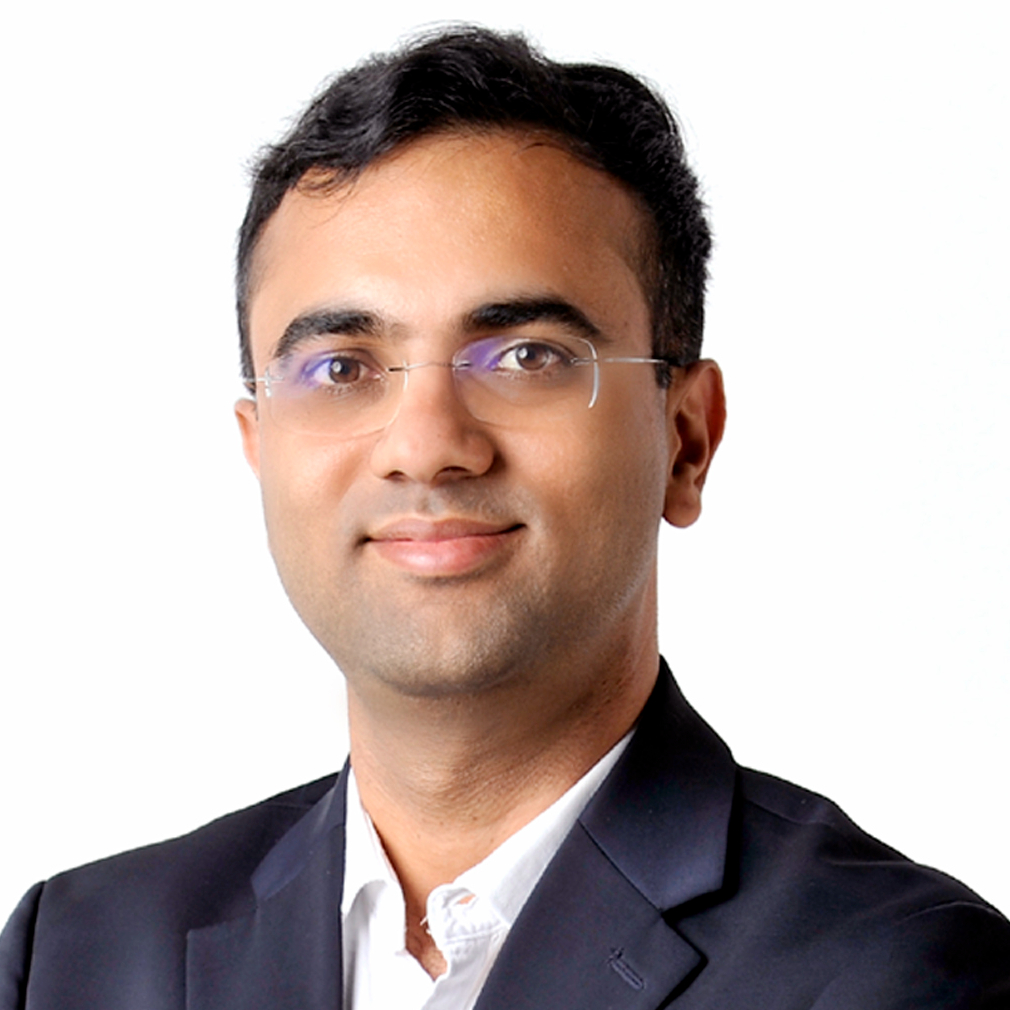Ajay Poonjal Pai
Director of WBG Innovation & Application Engineering
Sanan
Dr. Ajay Poonjal Pai obtained his B. Tech in Electrical & Electronics Engineering from NITK Surathkal, India and M.Sc. in Electrical Power Engineering from RWTH Aachen University, Germany. He then pursued his PhD focusing on Silicon Carbide (SiC) power semiconductors for automotive traction inverter applications at the Friedrich Alexander University (FAU), Erlangen-Nuremberg, Germany. From 2015 to 2023, he worked at Infineon Technologies AG, Germany as a Principal Engineer responsible for next-generation automotive SiC technologies and power modules. Since May 2023, he is working at Sanan Semiconductors Munich, responsible for Wide Bandgap (WBG) Innovation and Application Engineering topics. His research interests include e-mobility, SiC semiconductors, power modules and power electronics, and has contributed to numerous invited lectures and conferences worldwide.

